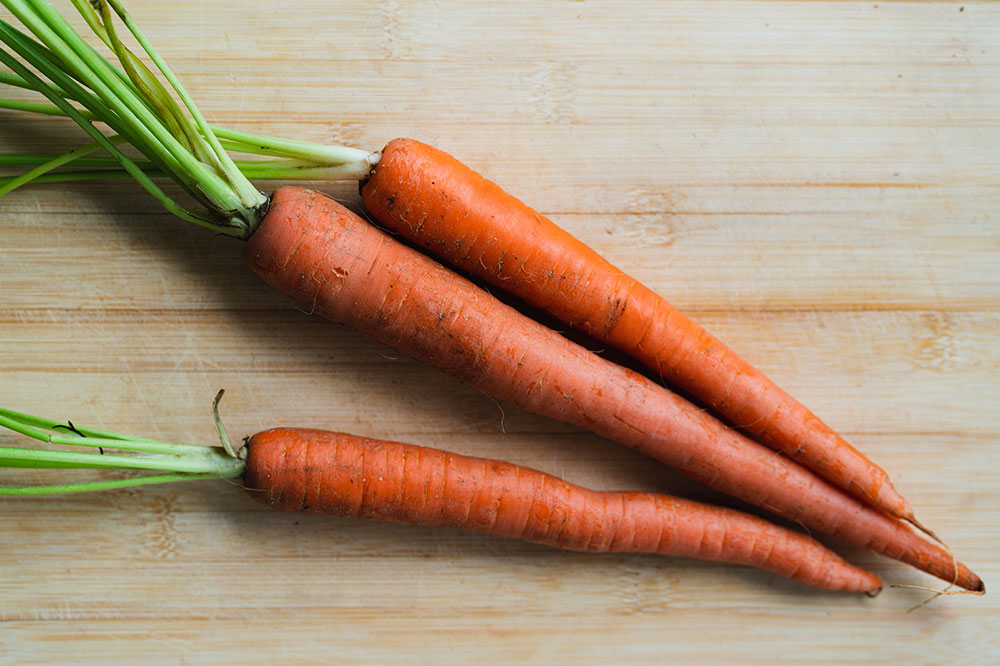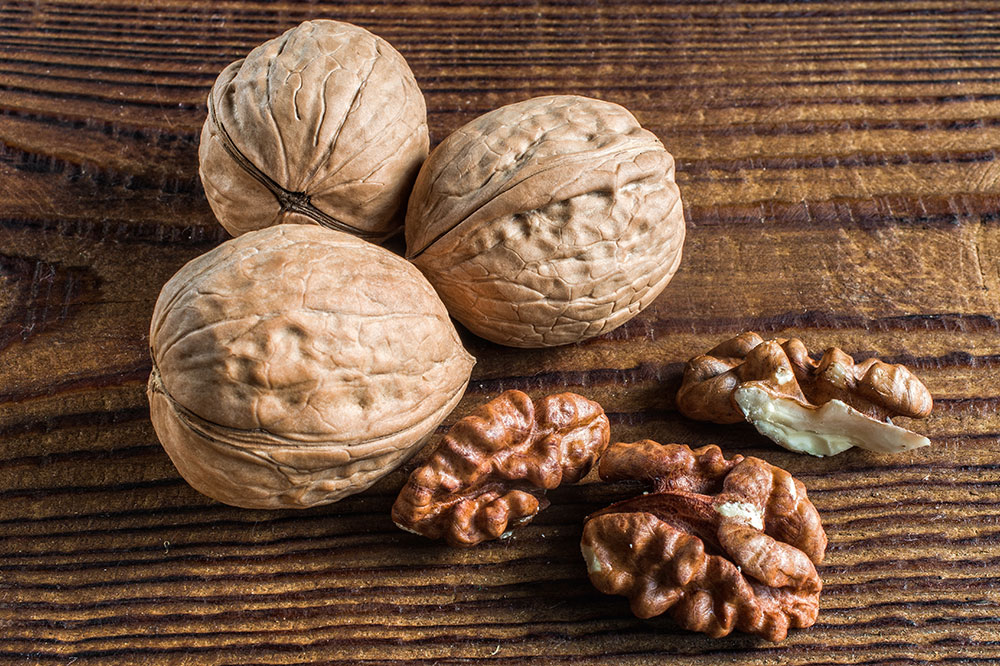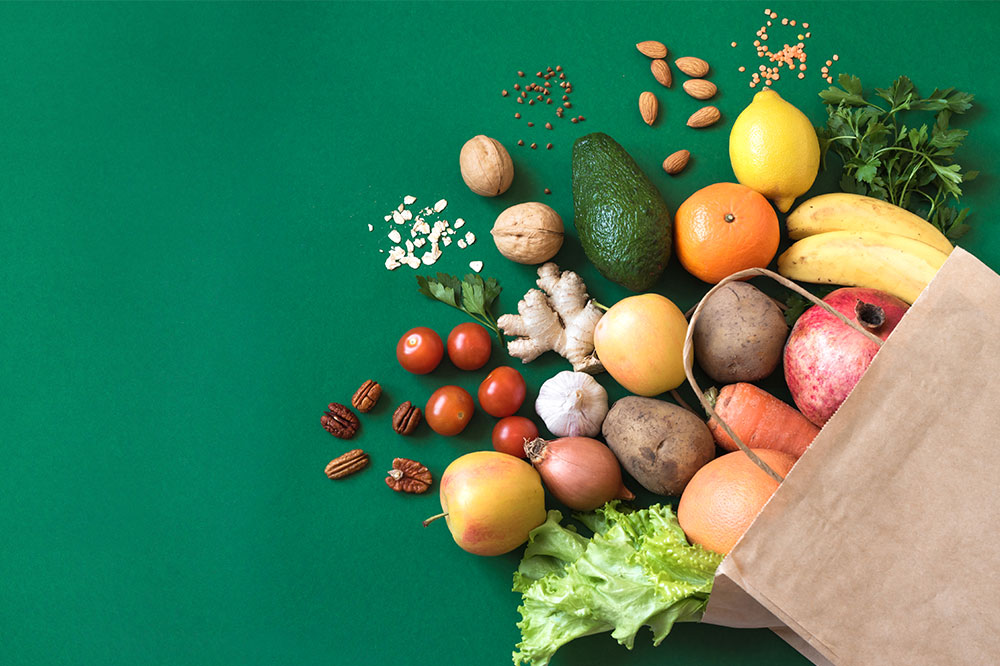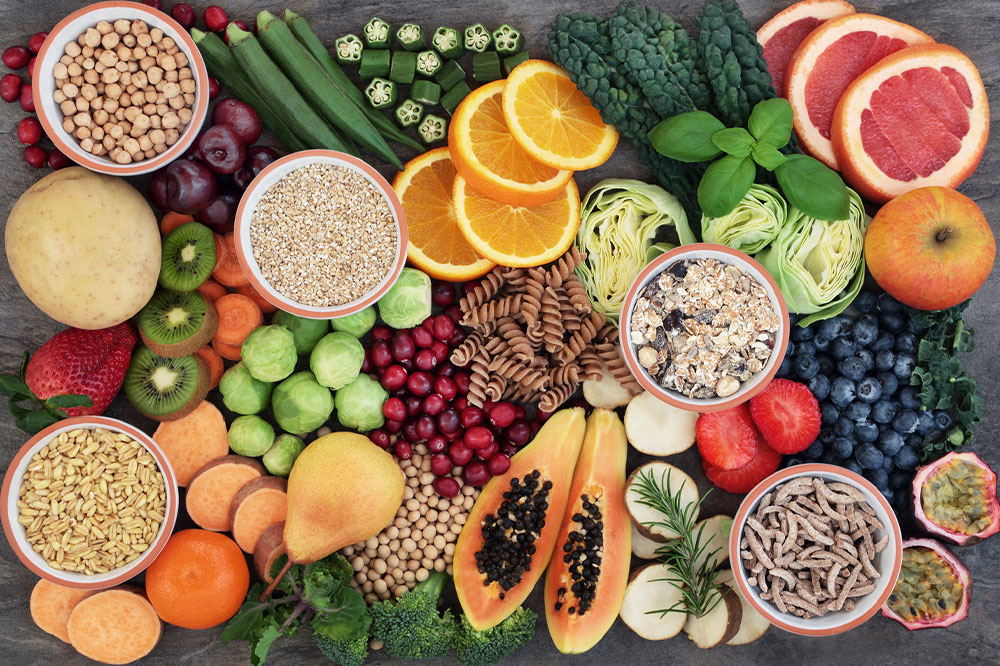Essential Nutritional Foods to Support and Maintain Healthy Vision
This comprehensive guide highlights the most effective foods to support and enhance eye health. From seafood rich in omega-3s to leafy greens packed with antioxidants, learn how diet can protect your vision, prevent age-related diseases, and maintain sharp eyesight over time. Regular check-ups and healthy habits are also emphasized for overall visual well-being.

Essential Nutritional Foods to Support and Maintain Healthy Vision
Our eyes are extraordinary organs that allow us to perceive the world around us, but in today’s fast-paced digital age, they face unprecedented challenges. Exposure to pollution, prolonged screen time, and demanding work habits contribute significantly to eye strain and common visual problems. Issues such as blurry vision, burning sensations, dryness, watery eyes, and itchiness are increasingly prevalent. These problems are often linked to sedentary lifestyles, irregular sleep patterns, and nutritional deficiencies. Therefore, paying close attention to your diet becomes a cornerstone of maintaining optimal eye health.
Proper nutrition plays a pivotal role in safeguarding our vision as we age and in combating the harmful effects of environmental stressors. Consuming foods rich in essential nutrients like vitamins, minerals, antioxidants, and omega-3 fatty acids can provide significant protection against age-related macular degeneration, cataracts, dry eyes, and other visual impairments. In particular, today’s extensive use of digital devices exposes our eyes to blue light, which can accelerate degeneration and cause discomfort. A diet fortified with specific nutrients can help mitigate these adverse effects, supporting clear and healthy eyesight over the long term.
Key Foods That Promote Eye Health
Seafood Rich in Omega-3 Fatty Acids
Seafood options such as salmon, tuna, sardines, and mackerel are packed with omega-3 fatty acids, which are foundational for maintaining healthy eyes. These nutrients are known to combat dry eye syndrome, reduce the risk of age-related macular degeneration (AMD), and prevent cataracts. Omega-3s contribute to the structural integrity of the retina, ensuring sharper vision and reducing discomfort caused by dryness and irritation. If seafood isn’t appealing, fish oil supplements or alternative sources like flaxseed oil, black currant seed oil, and chia seeds offer comparable benefits for eye health.
Leafy Green Vegetables
Incorporating leafy greens such as spinach, kale, collard greens, and Swiss chard into your diet is crucial. These vegetables are rich in lutein and zeaxanthin, two antioxidants that accumulate in the retina and lens, protecting against oxidative stress and UV damage. Regular consumption of these greens supports age-proofing the eyes, improving visual acuity over time and reducing the risk of developing degenerative eye conditions. Besides, green peas, broccoli, and avocados are rich in nutrients that further bolster eye resilience.
Eggs: The Powerhouse for Vision
Eggs are highly beneficial for maintaining excellent eyesight thanks to their high lutein and vitamin A content. Vitamin A plays an essential role in the formation of rhodopsin, a pigment necessary for night vision. Lutein and other carotenoids in eggs help prevent dryness, improve contrast sensitivity, and protect the eye tissue from oxidative stress. Regular inclusion of eggs in your diet supports night vision and overall eye comfort, especially crucial as natural aging processes can diminish visual clarity.
Whole Grains and Nutrient-Dense Cereals
Whole grains such as oats, brown rice, quinoa, and whole wheat bread supply the body with vital nutrients that are essential for healthy eyes. These foods are rich in zinc, which is an important mineral for eye health, as it assists in transporting vitamin A to the retina. Maintaining zinc levels can help prevent age-related macular degeneration and support night vision. Whole grains with low glycemic index also reduce blood sugar fluctuations, lowering the risk of diabetic retinopathy, a common cause of vision loss among diabetics.
Fruits and Berries Rich in Vitamin C
Diverse fruits like oranges, lemons, strawberries, blueberries, and grapes are excellent sources of vitamin C and other antioxidants. These compounds help protect the eyes from oxidative damage caused by free radicals, which are implicated in the development of cataracts and AMD. Regular consumption of vitamin C-rich fruits can slow down age-related deterioration and maintain the clarity of the cornea and lens, ultimately preserving sharp vision for years to come.
Nuts and Seeds for Eye Support
Dry fruits such as almonds, pistachios, walnuts, and sunflower seeds offer an abundant source of nutrients beneficial for eye health. Nuts are loaded with omega-3 fatty acids, vitamin E, and zinc—all essential for protecting eye cells from oxidative stress and age-related damage. Incorporating these nuts into your diet helps bolster overall immunity and supports the fine-tuning of visual functions.
Sunflower Seeds: A Zinc and Vitamin E Boost
Sunflower seeds are an excellent snack for eye health, providing high levels of zinc, vitamin E, and antioxidants. These nutrients are known to ward off macular degeneration, safeguard the retinal cells, and enhance visual acuity. Regular inclusion of sunflower seeds can be part of an effective strategy to slow down age-related eye deterioration and support overall eye vitality.
Lean Meat for Retinal and Visual Function
Lean meats, particularly beef and poultry, supply vital amounts of vitamin A, zinc, and other nutrients that are crucial for maintaining clear eyesight. Vitamin A deficiency can lead to night blindness and more severe visual impairments, especially in older adults. Consuming lean meat regularly helps preserve the health of the retina and supports overall visual function, reducing the risk of long-term vision problems.
Consult Eye Care Professionals for Regular Check-Ups
While diet plays an integral role in eye health, regular visits to an optometrist or ophthalmologist are equally essential. Routine eye examinations allow for early diagnosis of potential issues, early intervention, and tailored advice for maintaining optimal vision. Avoid self-medicating or ignoring persisting eye problems—professional guidance can prevent minor issues from developing into more severe conditions requiring surgical or medical intervention.
In conclusion, maintaining eye health requires a comprehensive approach that combines proper nutrition, regular eye check-ups, and healthy lifestyle habits. By incorporating nutrient-dense foods rich in antioxidants, omega-3 fatty acids, vitamins, and minerals into your diet, you can effectively support your visual health, prevent age-related decline, and enjoy clearer, sharper vision well into your later years. Prioritize your eye health today for a brighter, more vivid future.





